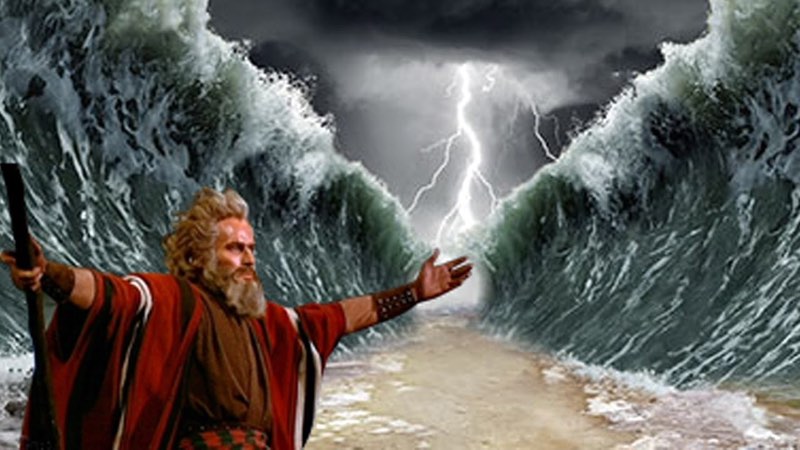Some believe Muhammad is the prophet similar to Moses prophesied in Deuteronomy 18, verse 18, when considering the connection of the miracle of the Quran in Surah 10, verse 92, with the biblical event of Moses parting the Red Sea. How is this argument explained?
This is an interesting question that relates to the interpretation of the prophecy in Deuteronomy 18, verse 18, which says:
“I will raise up for them a prophet like you from among their brothers; I will put my words in his mouth, and he will tell them everything I command him.”
Some Muslims believe that this prophecy refers to Muhammad, who was a descendant of Ishmael, the brother of Isaac, the ancestor of the Israelites. They also believe that Muhammad spoke God's words, not his own, similar to Moses. One of his miracles is the preservation of the Quran, which is considered to be the word of God, unchanged and uncorrupted.
Some Muslims see a connection between the miracle of the Quran and the biblical event of Moses parting the Red Sea. They cite Surah 10, verse 92, of the Quran concerning Pharaoh, which says:
“Today We will preserve your body, so that you become a sign for those after you. But most people are heedless of Our signs.“
This verse is addressed to Pharaoh, who was drowned in the sea after pursuing Moses and his followers.
Some Muslims interpret this verse as meaning that God preserved the body of Pharaoh in the form of a mummy as a sign for future generations. They believe that this sign serves as evidence of the Quran's authenticity and its miraculous nature.
They claim that the body of Pharaoh was discovered in modern times, and that it matches the description of the Quran.
Those who argue that Muhammad fulfills Deuteronomy 18, verse 18, contend that, just as Moses performed miracles by parting the Red Sea, Muhammad's miracle was revealed through the Quran regarding Allah preserving Pharaoh's body for future generations as a sign for the future.
It is believed that both events demonstrate divine intervention and serve as signs for the recognition of Moses and Muhammad as prophets, and that Muhammad is the fulfillment of Moses' prophecy.

